1
2
3
4
5
6
7
8
9
10
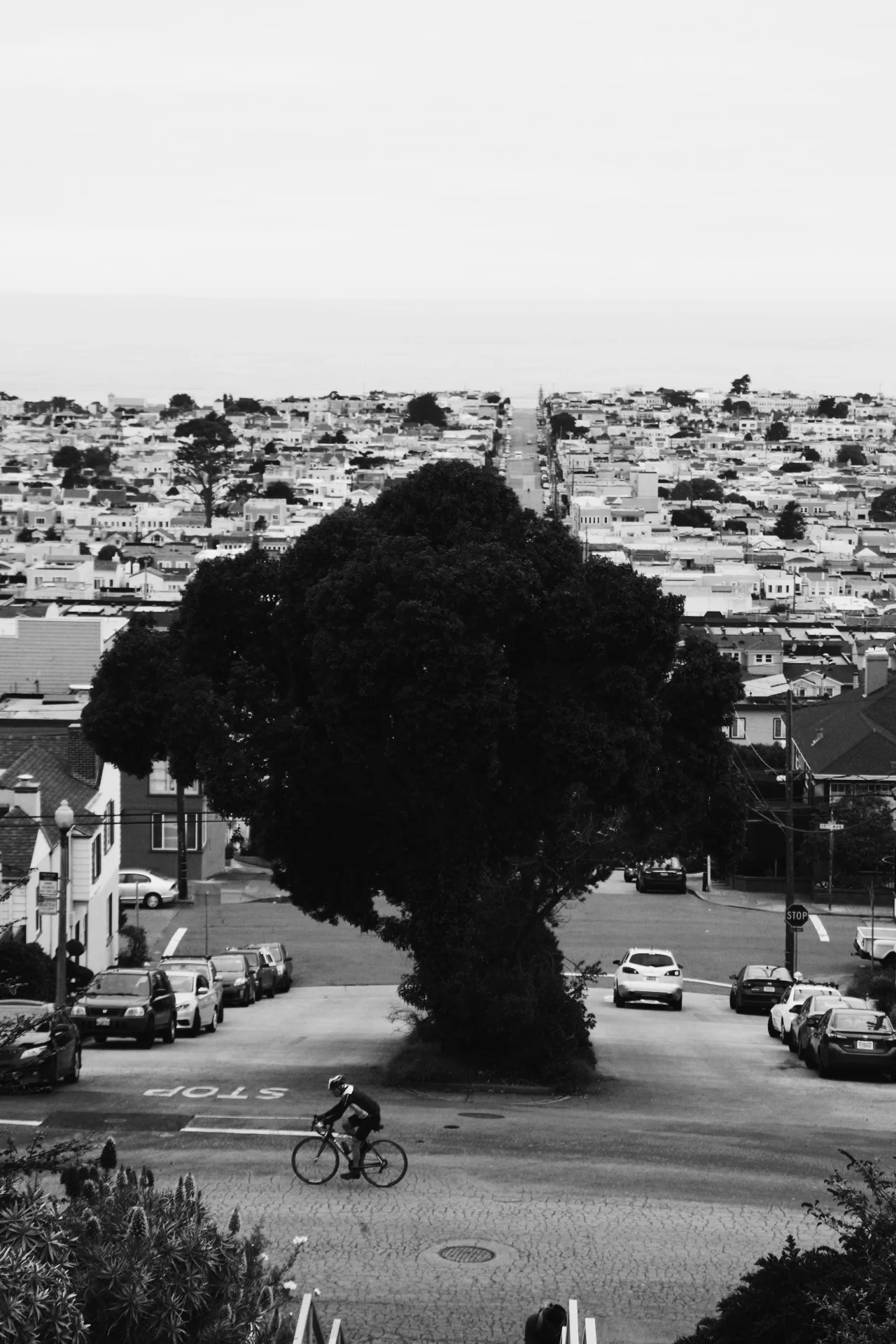


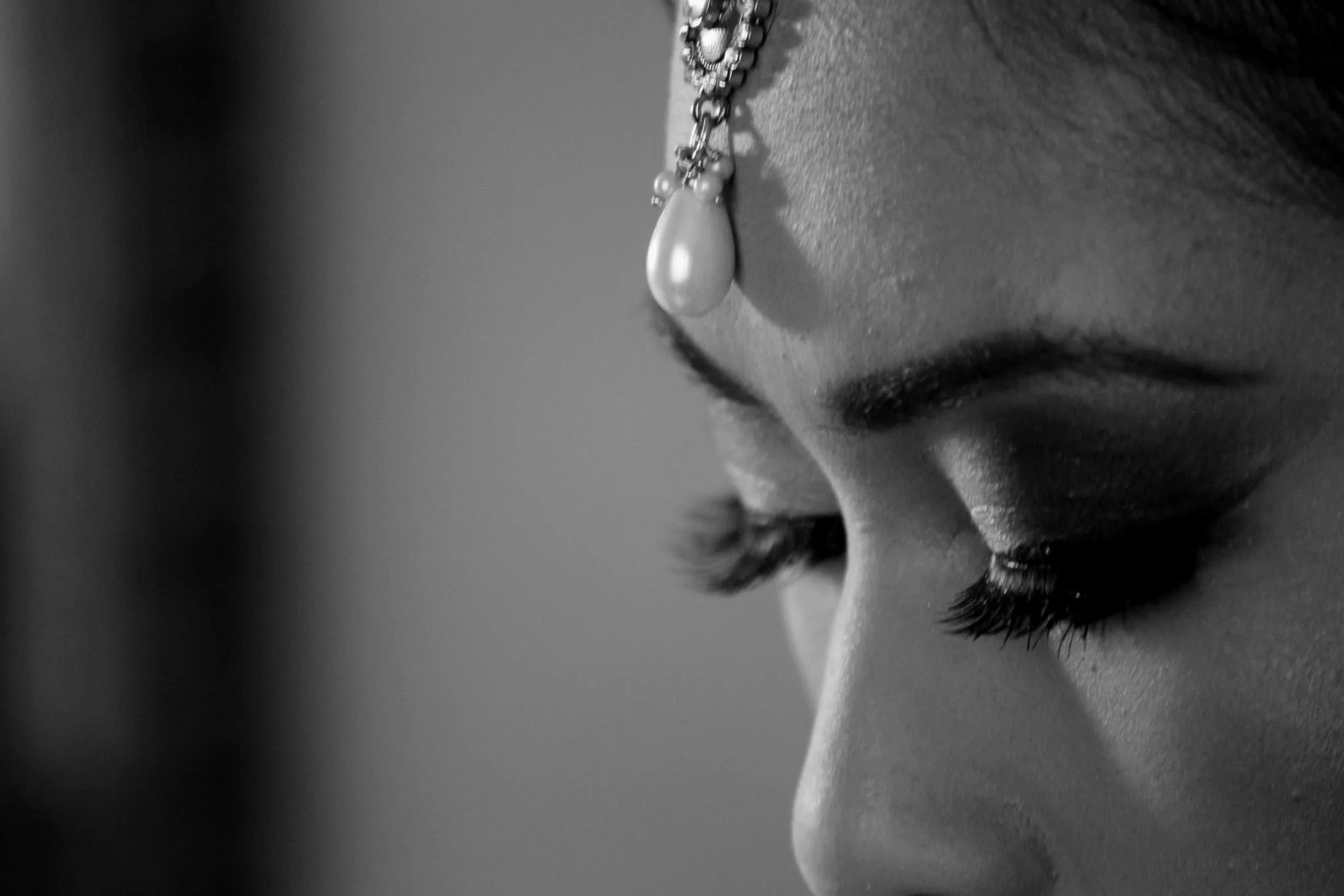
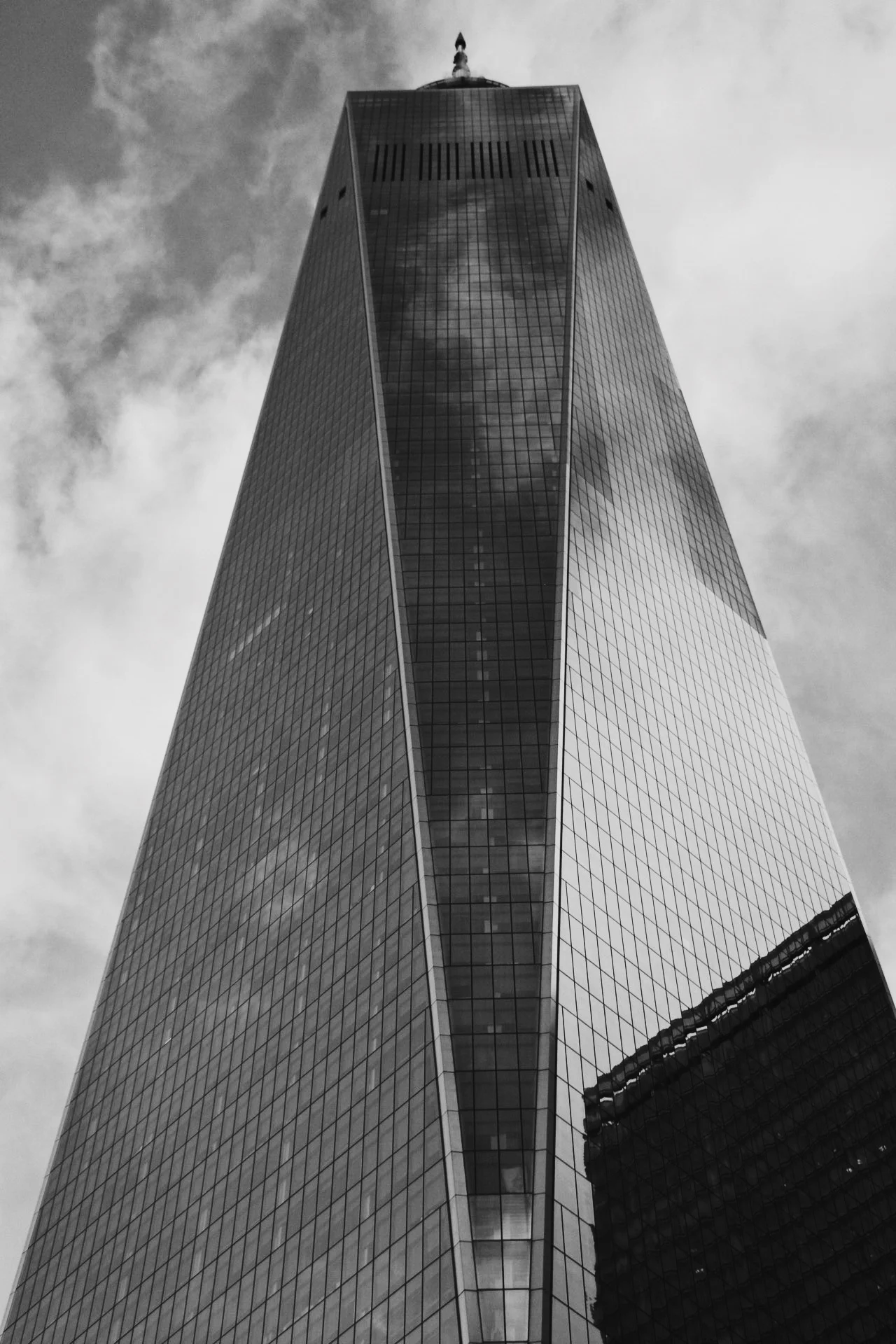
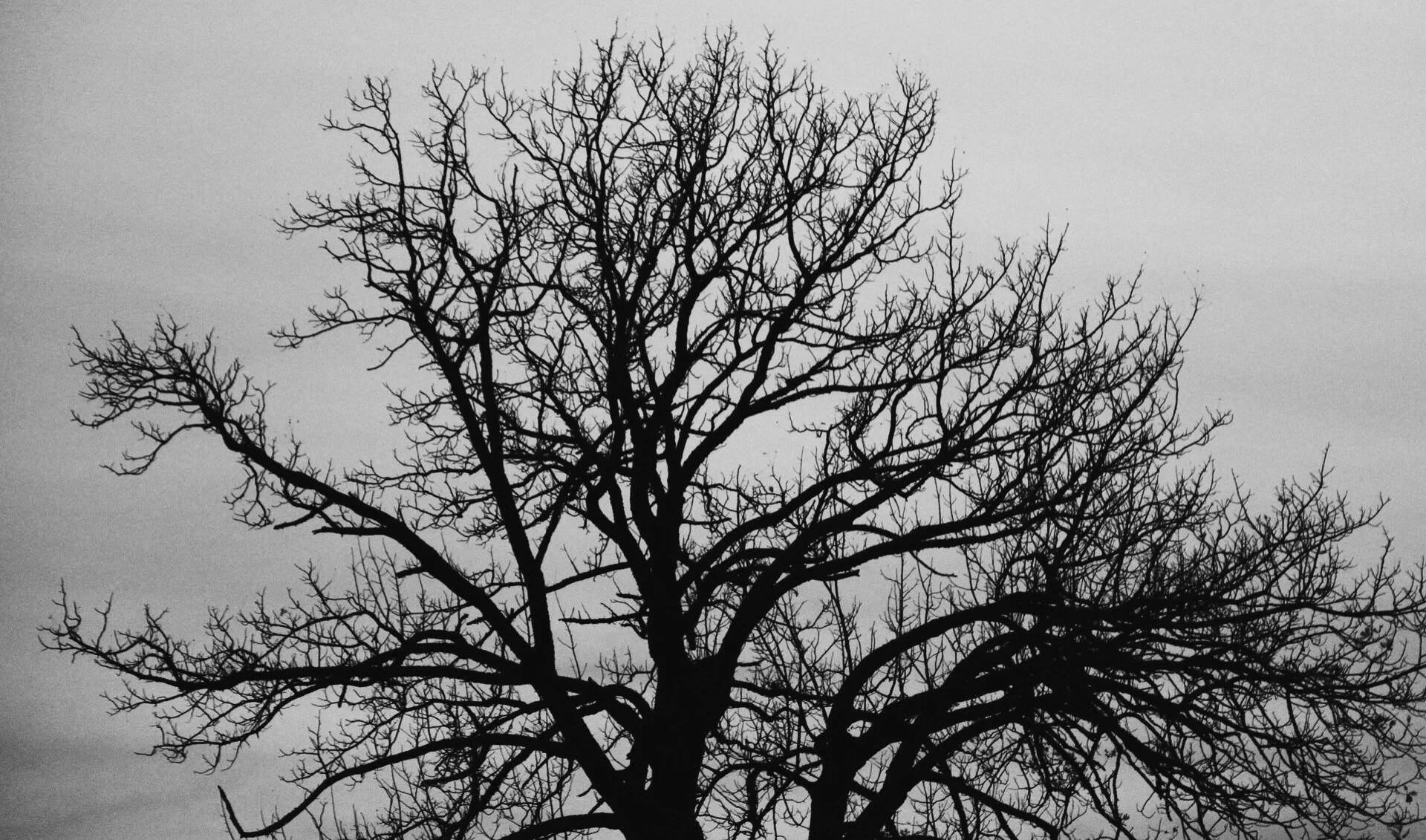

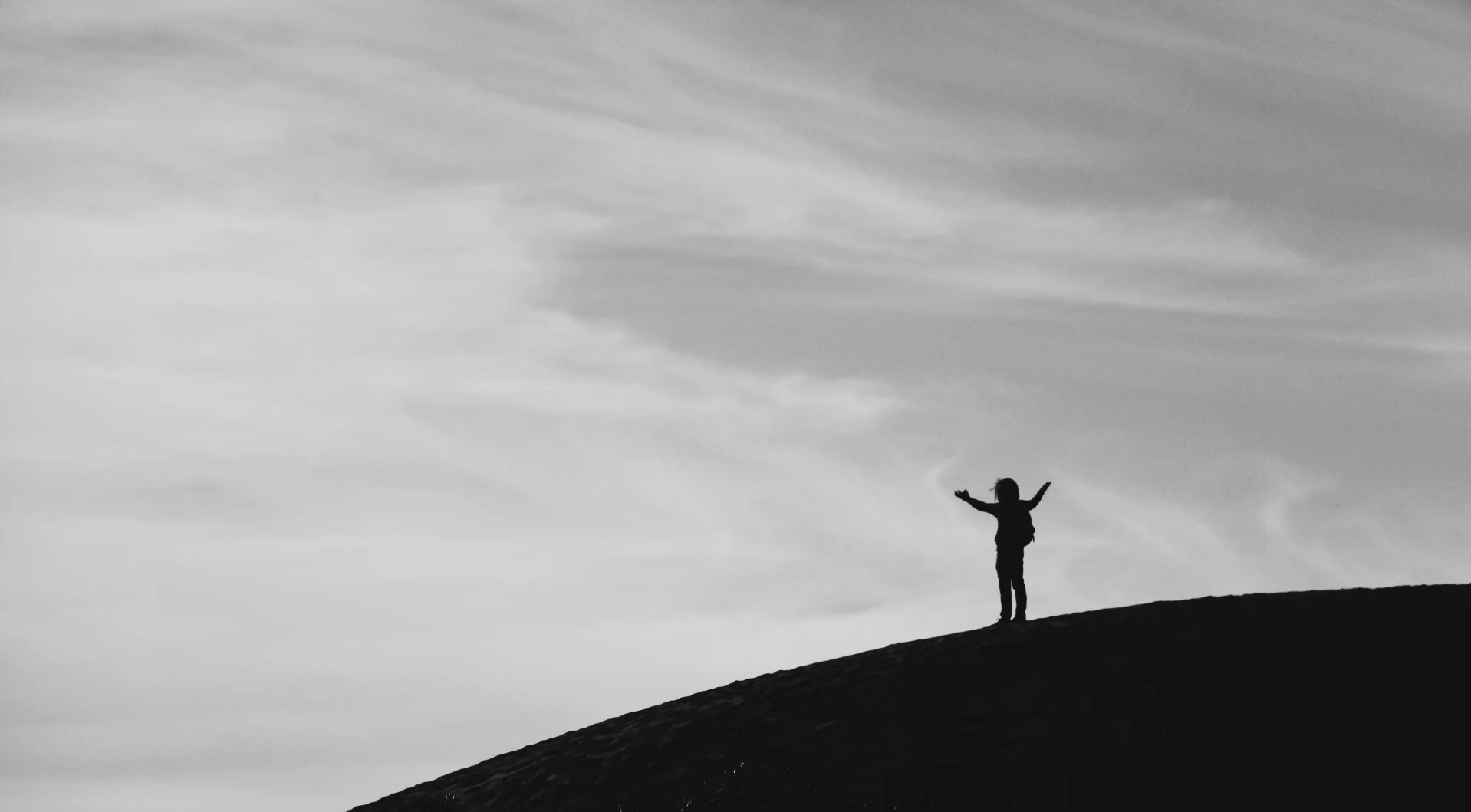
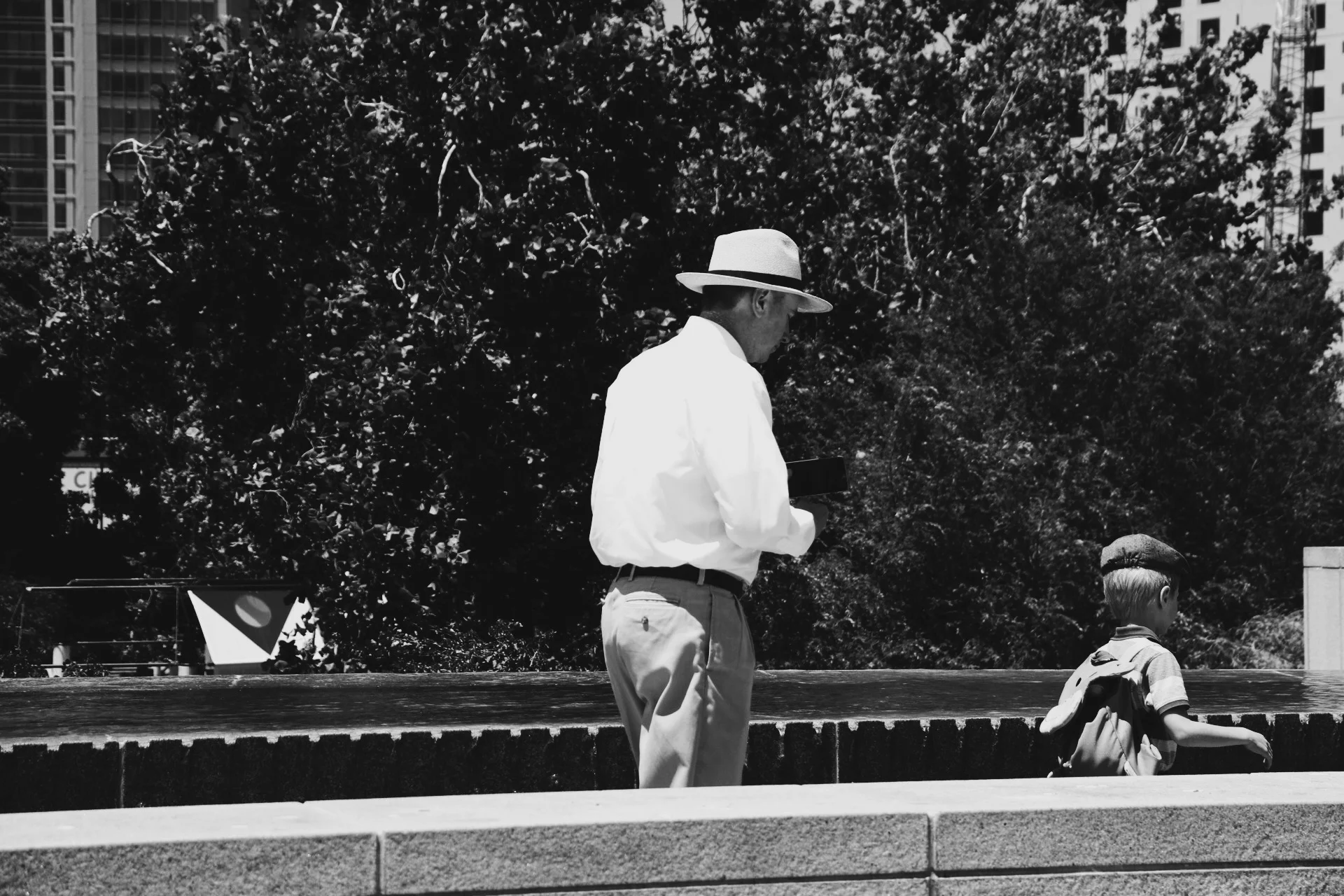

A few years ago, my friends and I made a video to a Twenty One Pilots song around SF. Side note: this was during the phase in my life where I had unnecessarily long hair that was reminiscent of Zac Efron in all three High School Musical films. Good luck trying to find those photos.
Yet, one of the big turning points in my development as a photographer was when one of the cars driving by had stopped to curiously ask what we were filming with painstaking effort. After we told him, he told us he used to dabble in the medium a long time ago and recommended that we should also consider taking a black and white photography course which changed the way he saw light. He drove off, sort of like a protagonist in a Western, never to be seen again.
Despite the fact that this guy could have just been a random weirdo, this advice stuck with me. In the interim between transferring from community college to San Francisco State, I had actually taken this stranger up on this, and signed up for a black and white photography course where we had to develop our own pictures in a dark room.
It was amazing to see how intense the process can be, but after weeks of breathing in the chemicals and soaking my hands in said chemicals, I really appreciated the fact of working with photography where color is absent. If you're a new photographer or someone that's interested in the craft and you're reading this, consider seeing color as a vital part of your senses. Just like in the movies, where one of your five sense is blocked, the other four are enhanced, black and white photography works pretty similarly.
One is now left to only see the image for its value in light, and how much contrast exists. If you're able to get a hang of it, then that eye for recognizing good lighting definitely carries over when applying color. I was able to distinguish what visual elements I wanted the viewer to focus on, and how much detail or texture I wanted them to see. Furthermore, it also allows an abstractness to some photos, as well as a more liberated interpretation.
In a sense, black and white photography relies on taking off the proverbial training wheels that is trusted in color, and to then craft a narrative that, in its bare bones, is more honest and genuine of the photographer's auteur syntax.